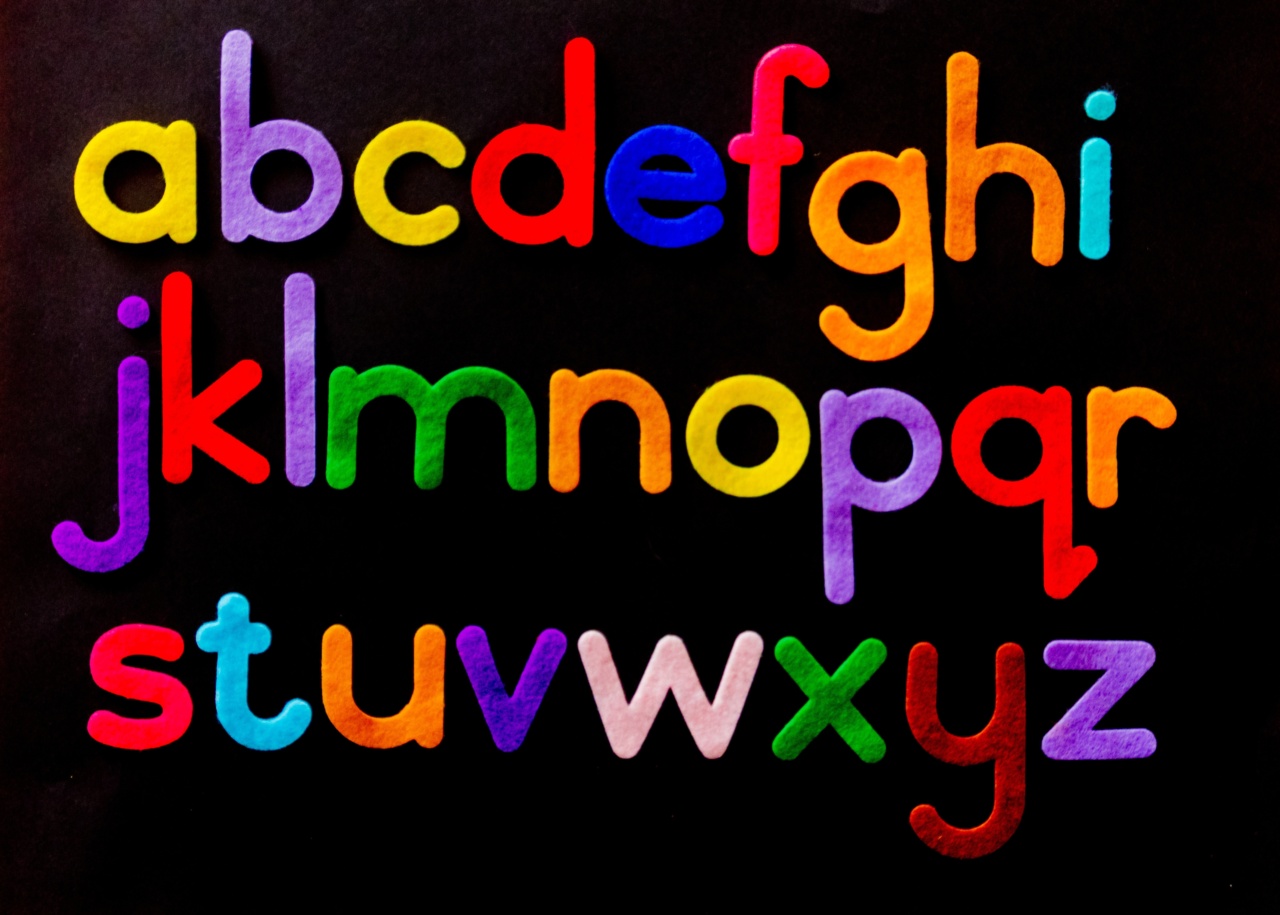School should be a safe space for children to learn and grow. Sadly, the reality is that many children experience intimidation and bullying at school. The effects of this can be devastating, leading to anxiety, depression, and a loss of confidence.
As a parent, it is important to know the signs that your child is being intimidated at school. By recognizing these signs, you can take action to support your child and ensure they feel safe and secure in their learning environment.
1. Your Child is Avoiding School
If your child is regularly avoiding school and coming up with excuses to stay home, this could be a sign that they are feeling intimidated or bullied at school.
It is important to investigate the reasons behind their reluctance to attend school and work to address the situation.
2. Your Child is Complaining About Stomach Aches or Headaches
Physical ailments such as stomach aches and headaches can be a sign that your child is experiencing emotional distress. Talk to your child and see if there is anything they are worried about or struggling with at school.
3. Your Child’s Grades are Suffering
If your child’s grades have suddenly dropped without explanation, this could be a sign that they are struggling to concentrate or are feeling overwhelmed by the situation at school.
Talk to your child’s teachers and see if they have noticed any changes in your child’s behavior or performance.
4. Your Child is Being Excluded
If your child is being excluded from social activities or is regularly left out of group projects, this can be a sign of bullying or intimidation. Talk to your child about their experiences and reach out to school authorities to address the situation.
5. Your Child’s Personality Has Changed
If your child has suddenly become withdrawn, anxious, or aggressive, this could be a sign that they are experiencing emotional distress. Listen to your child’s concerns and seek support from professionals if needed.
6. Your Child Has Lost Interest in Activities They Once Enjoyed
If your child has stopped participating in extracurricular activities or hobbies that they once enjoyed, this could be a sign that they are feeling overwhelmed or intimidated.
Encourage your child to talk about their feelings and work together to find new activities that they feel comfortable with.
7. Your Child is Being Teased or Bullied
If your child is being teased, bullied, or ridiculed at school, this can have a devastating impact on their emotional wellbeing. Encourage your child to talk about their experiences and work together to find ways to address the situation.
8. Your Child is Being Ostracized
If your child is being deliberately excluded or ignored by their peers, this can be a sign of bullying. Reach out to school authorities and work together to find a solution that ensures your child feels included and supported.
9. Your Child is Afraid to Speak Up
If your child is afraid to speak up or defend themselves, this could be a sign that they are feeling intimidated or powerless. Encourage your child to talk about their feelings and work together to find ways to build their confidence and self-esteem.
10. Your Child is Having Nightmares or Trouble Sleeping
Emotional distress can have a physical impact on your child’s sleep patterns. If your child is having nightmares or trouble sleeping, this could be a sign that they are experiencing anxiety or fear related to their experiences at school.
Talk to your child and seek professional support if needed.































